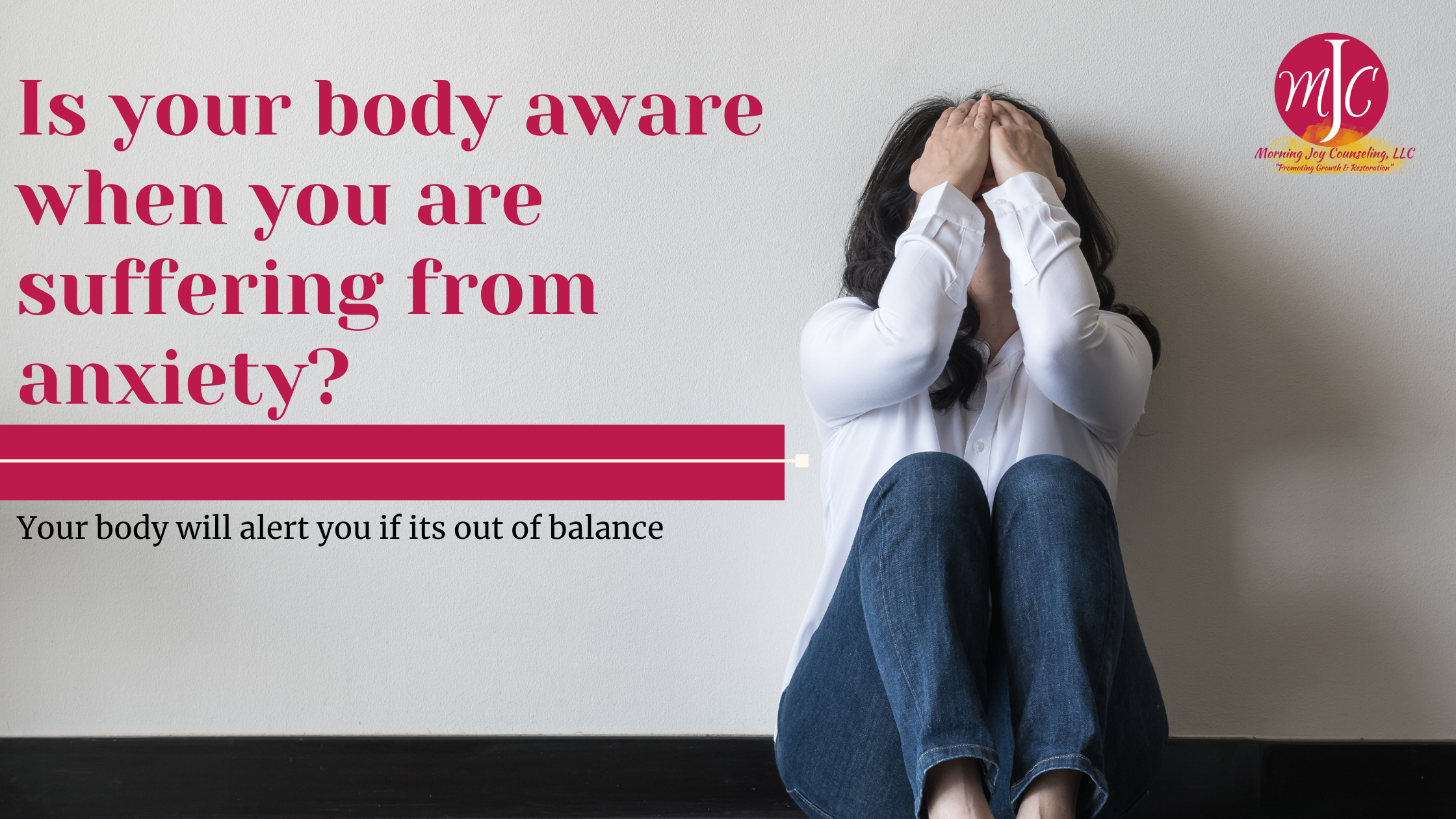
Anxiety is your body’s natural reaction to stress. It’s a feeling of apprehension or fear about the future. Anxiety comes in several types, and certain tests will be given to people diagnosed with it.
But how do you know if you are already suffering from anxiety? What are the body responses to it? For example, when you are being invited to speak in front of a large crowd, you are shaking and sweating thinking about what will happen. How about feeling anxious before the test? or do you have jitters before you visit your dentist for the first time?
These feelings and reactions are normal when we face unfamiliar things and events but it doesn’t mean that anything is wrong. Some people suffer from more severe anxiety symptoms that cause more serious physical symptoms. Here are some signs to better understand the signs of anxiety that affect your body:
-
- When you have uncontrollable fears, such as those related to crowded places, driving, or germs, that cause you to avoid places or situations.
- When you are having trouble concentrating or having difficulties in being able to focus on work, studies, or anything else important. The behavior must be consistent, not just when you are tired or hungry.
- If you have difficulty breathing, and your heart is racing and you can’t breathe properly. You definitely need professional help if this is the case.
- Having a strong desire that you want to be alone and being afraid of others are common feelings that you are suffering from anxiety experience.
- Also, common symptoms are numbness in your hands, fingers, toes, and legs along with a feeling of being unable to stand.
- You might exhibit nervous behaviors if you’re repetitively walking in the same area or twitching your fingers or toes.
- It could indicate an anxiety condition or a panic disorder if you find most of your regular activities overwhelming.
- If you can’t leave the house, you may be experiencing anxiety or panic disorder.
- When you have difficulty swallowing or dry mouth episodes at strange times, this may be an indication of anxiety.
- A feeling of doom or that something will happen to you, such as an accident, heart attack, or even death, can be symptoms of an anxiety disorder or panic disorder.
Anxiety symptoms can be treated if you come to the right place for help. Nowadays, there is no longer a stigma attached to these symptoms and conditions. Many mental health clinics and hospitals offer affordable care for people on lower incomes or with fixed incomes. Health insurance can help you obtain treatment, and your employer cannot be informed about the treatment you receive.
There are techniques you can use while at home or at work, including the Relaxation Technique. Research also suggests that yoga, meditation, and acupuncture can also reduce the symptoms of anxiety. Moreover, scientists and doctors are discovering more effective treatments and medications as time progresses.
You can stop anxiety attacks by knowing just what you are experiencing and learning how to deal with your fears and stress. Seek help from a professional if you have any of these symptoms. You can get the treatment that will put you back on the path to peace, health, and happiness. Your decision will be a good one!

